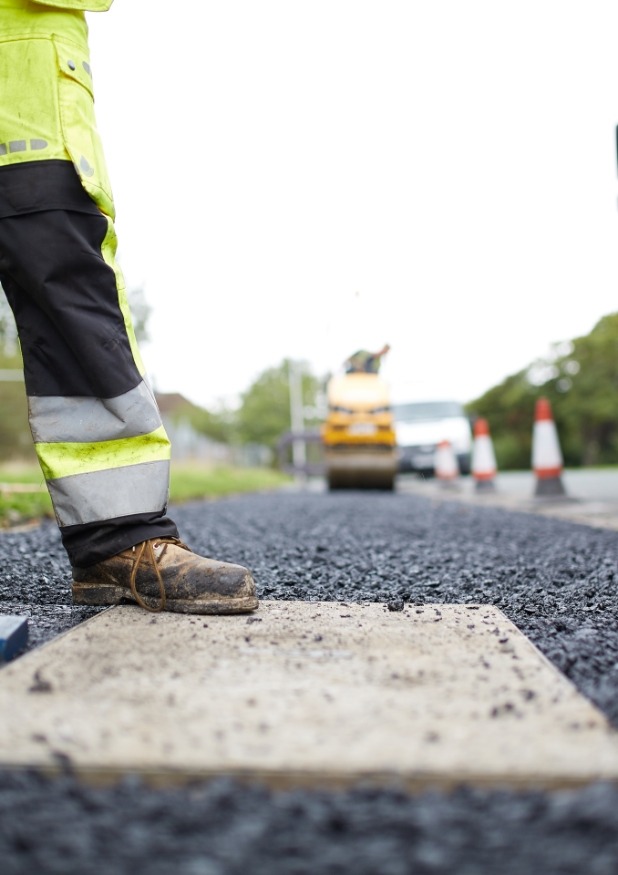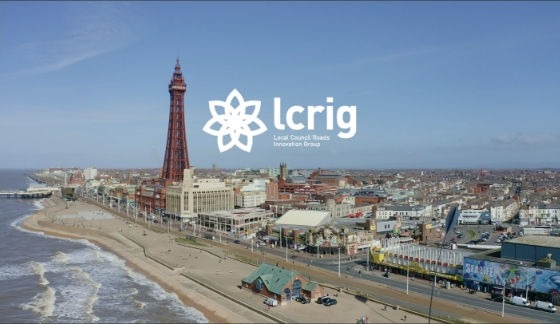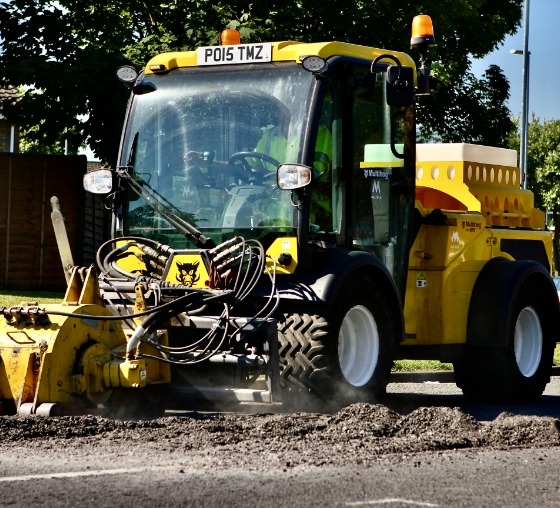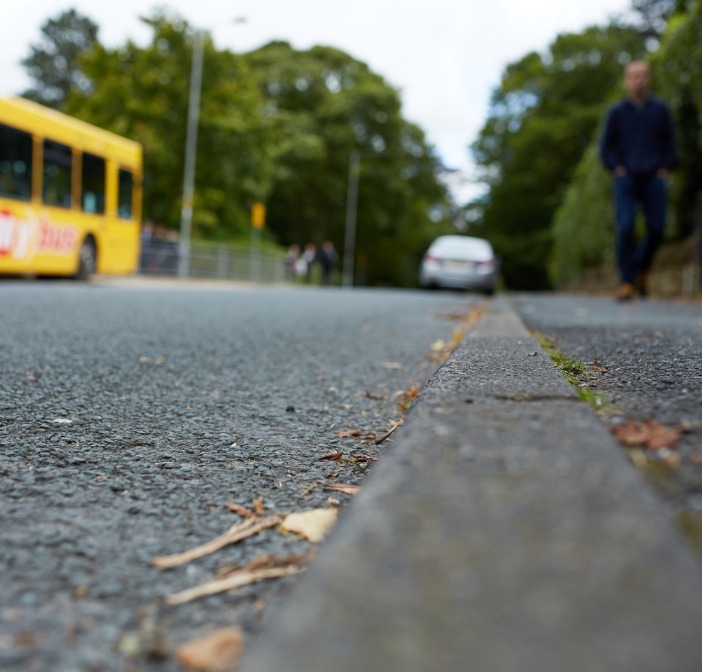Why and What
Councils across the country are all facing similar challenges – roads that are deteriorating at an accelerated rate, with very high projected repairs costs, alongside ever-dwindling budgets. These challenges are exacerbated by increasing expectations from residents and businesses.
The battle can feel unwinnable when viewed through a traditional lens.
Following on from the success and lessons learned from Project 30, a £30 million four-year capital investment programme to address the backlog of road repairs in Blackpool, LCRIG decided to change the narrative.
We began with a series of trials in Blackpool involving 12 suppliers, looking at alternative approaches to roads maintenance with the potential to provide solutions that were faster, more cost-effective and more robust.
Participants were challenged all involved to combine their skills and expertise to identify the right place at the right time for interventions, alongside recommendations for the right treatment.
Because of this collaborative approach, many suppliers were able to offer up solutions they had never been given the opportunity to in the past. This was especially true of the SMEs.
The results were universally encouraging and were developed into the Project Amber Framework, which is now available to every local authority in the UK.




